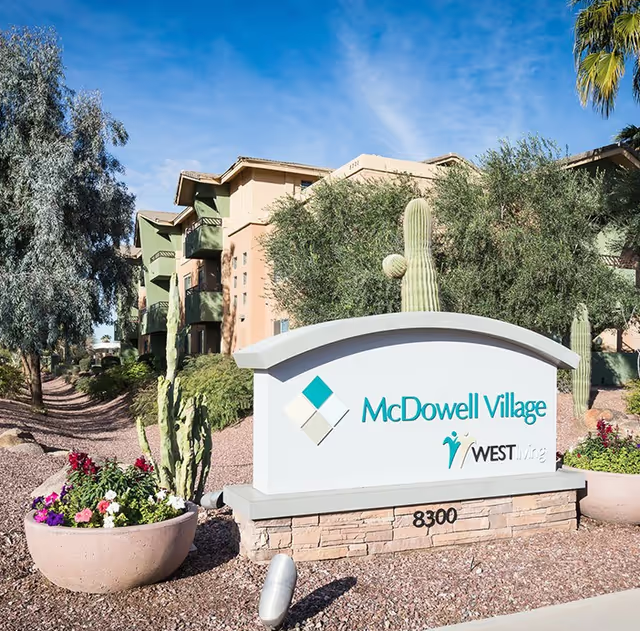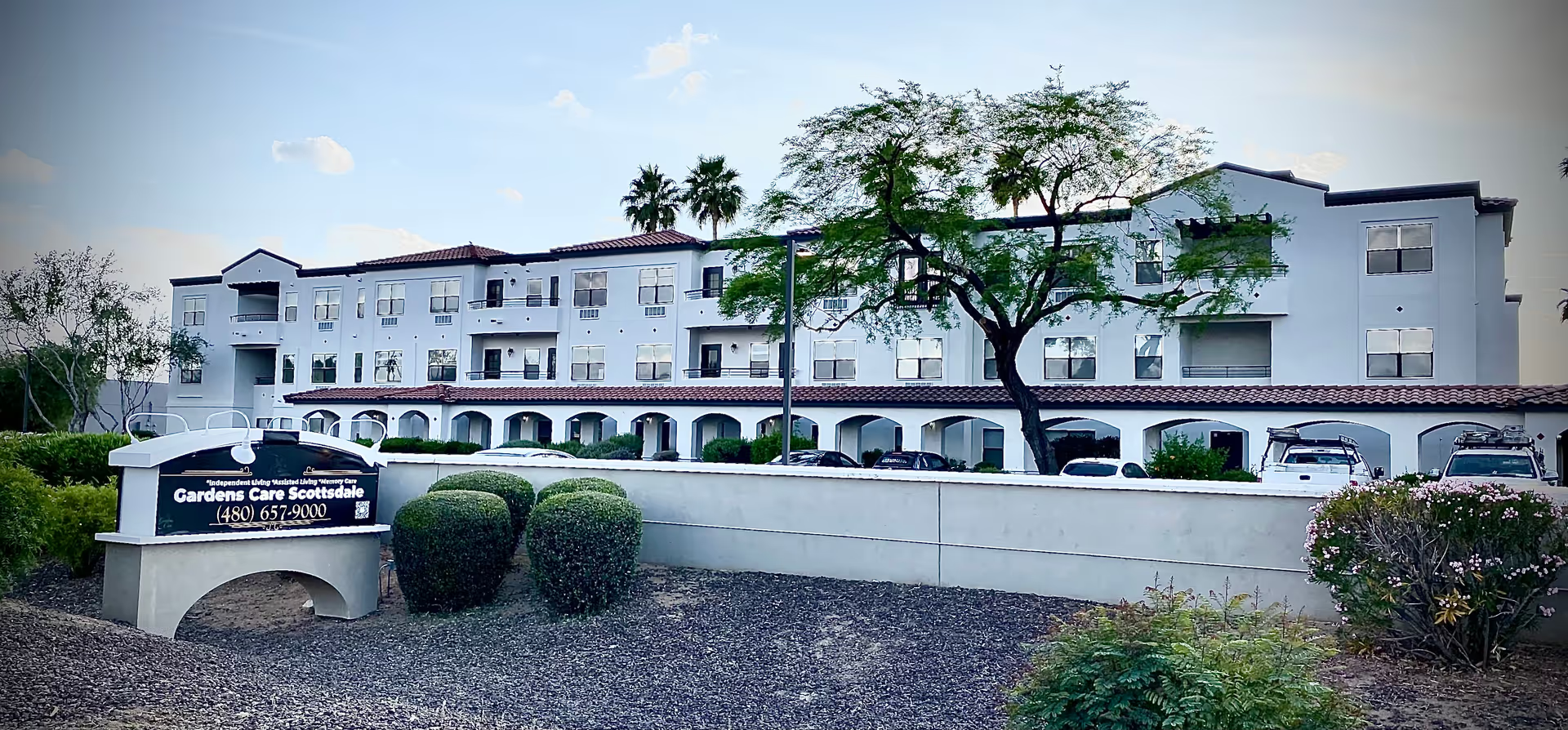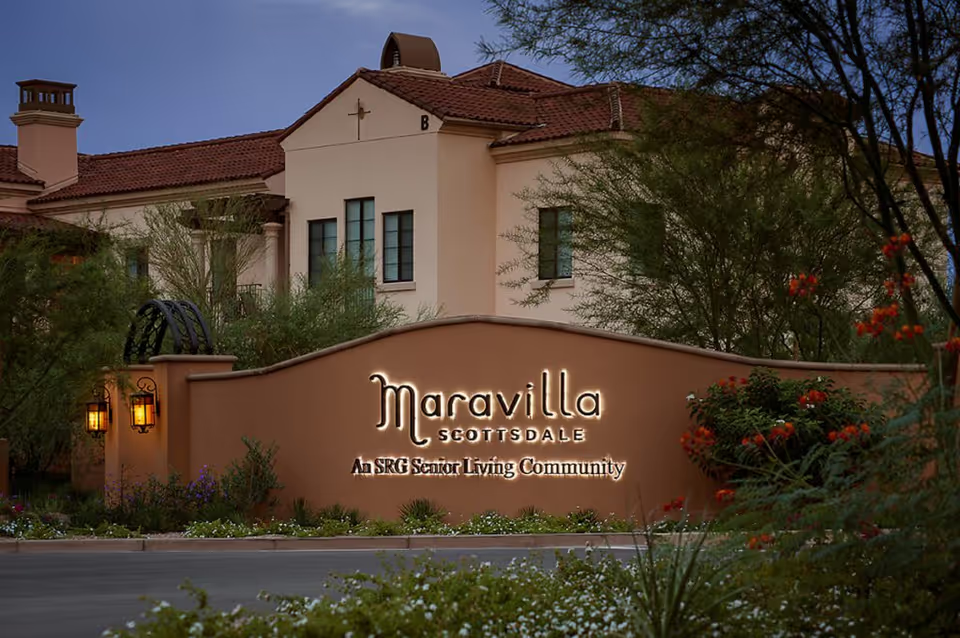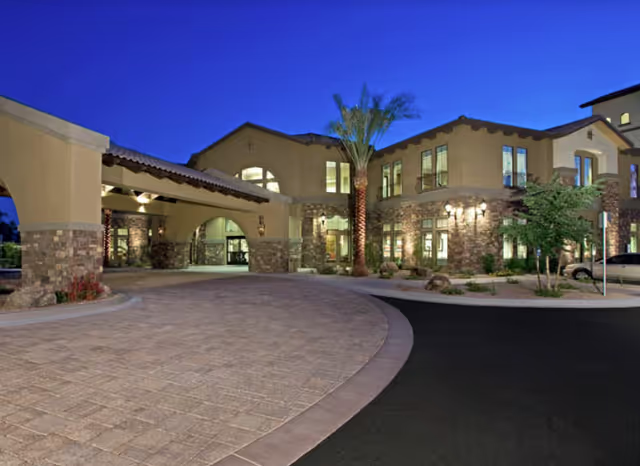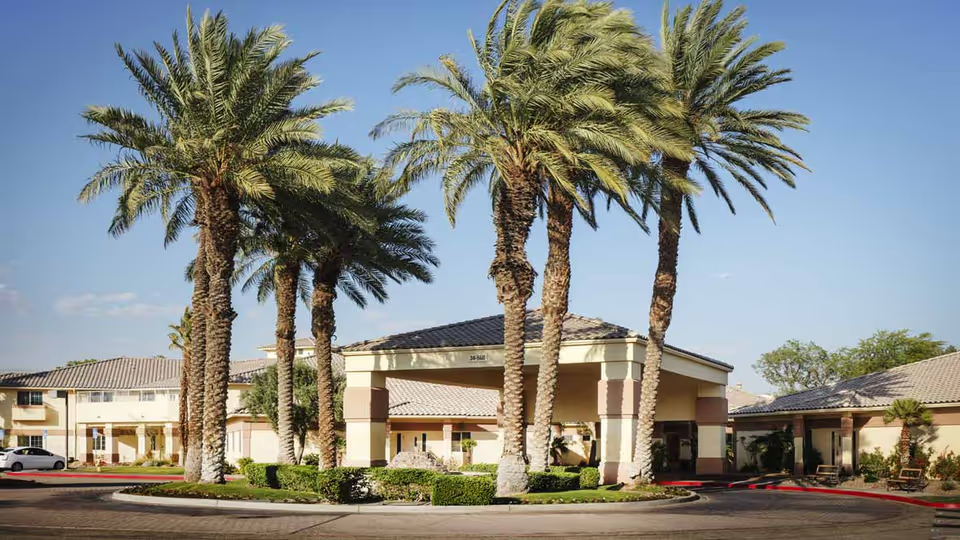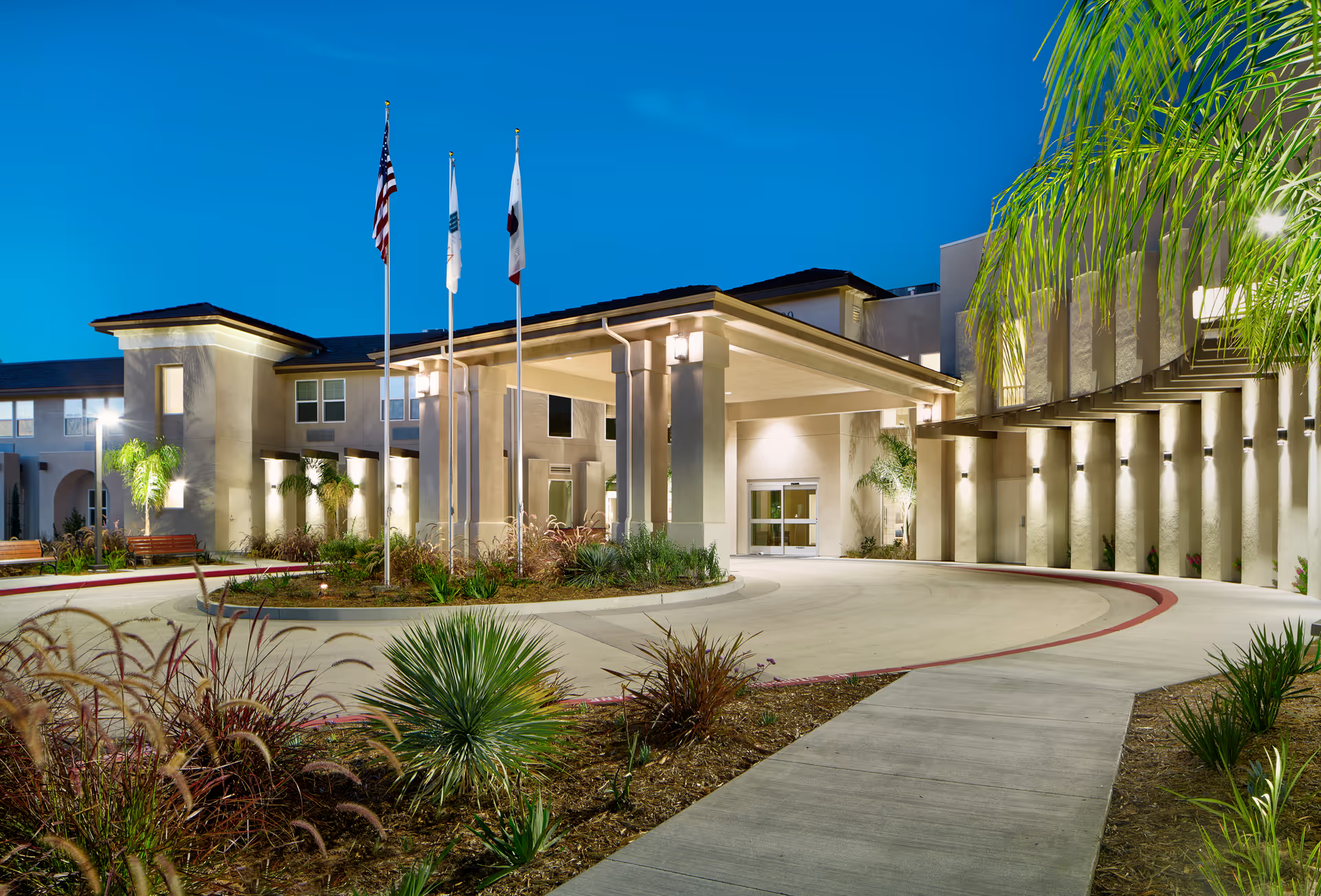Overall sentiment across the reviews for Pegasus Landing of Mesa is highly mixed, ranging from enthusiastic recommendations to serious safety and management complaints. Many reviewers praise the day‑to‑day experience: friendly and compassionate caregivers, an active and creative activities program, clean and attractive common areas, and a generally welcoming admissions/tour process. Numerous comments highlight large apartments (including two‑bed/two‑bath units), on‑site amenities (library, theater, salon, courtyards, game rooms), transportation services, and a flexible dining model with multiple meals and made‑to‑order options. Memory care receives many positive mentions — staff described as energetic and skilled, residents engaged and smiling, and the memory wing or new wing singled out as a strength in several reports.
Staff quality and responsiveness are the single most polarized theme. A large portion of reviews describe staff as warm, attentive, and like family — particular employees (activity directors, dining staff, named nurses) are called out for going above and beyond and for improving residents’ quality of life after events such as strokes. At the same time, many reviews document inconsistent caregiver performance, abrasive or condescending employees, language barriers, and direct allegations of neglect or discrimination. Several families reported quick responses in emergencies and thoughtful, individualized care; others reported unanswered call lights, residents left in soiled conditions for hours, and falls not checked for long periods. These conflicting reports suggest variability by shift, unit, or time period rather than a uniformly consistent staff experience.
Facilities and housekeeping also receive mixed but frequent commentary. Many reviewers praise the property as clean, renovated, bright, and well‑kept, with a hotel‑like feel and positive curb appeal. Housekeeping and laundry services are mentioned positively in many accounts. Contrarily, there are multiple alarming reports of poor sanitation: dirty apartments, piled dishes, roach sightings, feces on fixtures, pills left on floors, and a decline in cleanliness reported by families who also noted high staff turnover. These complaints are serious and recurring in several clusters of reviews, indicating potential episodic or systemic lapses that differ from the generally positive accounts.
Dining is commonly cited as a major amenity and one of the community’s strengths: many families praise the food presentation, variety, salad bars, and open dining hours with the ability to order any time. Dining staff and directors are commonly commended for accommodating families and residents. However, a substantial subset of reviews report declining food quality (especially after staff/chef changes), cold or poorly delivered meals, limited comfort food options, and supply shortages. This split suggests that while the dining program can be excellent, service reliability and consistency have been issues at times.
Management, billing, and operations are frequent and significant areas of concern. Many reviewers describe management turnover, new ownership or corporate changes, and a perception that recent leadership prioritized cost cutting. Specific operational complaints include opaque billing practices, unexpected community or care fees (examples cited: community fee, $1,500 or $1,900 extra care charge), unresolved billing disputes, and slow or unhelpful responses from billing/administration teams. Several reviews allege problematic payroll/time‑sheet practices, reduced staffing hours, and owners prioritizing profit — concerns that correlate with the reports of declining care and elevated staff turnover. Families repeatedly caution prospective residents to read contracts carefully and ask detailed questions about included services, med management fees, and move‑out policies.
Clinical care and medication management also present conflicting narratives. Some reviews report knowledgeable, adaptable nurses and round‑the‑clock RN coverage, timely medication administration, and good coordination with outside providers. Others describe medication shortages, meds running out, medication mismanagement, and LPN‑only coverage when reviewers expected RN presence. For higher‑need residents or those with dementia, several families felt basic care was insufficient — bathing, hygiene, incontinence care, and dementia‑specific support were cited as lacking in problem reports. These mixed clinical impressions indicate that while the community can provide good clinical support, consistency and staffing levels appear to influence outcomes dramatically.
Safety incidents and allegations of neglect are among the most severe themes. Multiple reviewers describe situations in which residents were left in urine or feces, fell and remained on the floor for extended periods (one report cited six hours), or experienced other lapses in monitoring. There are also accusations of failure to answer call lights at night and of staff not performing basic hygiene tasks. While not every review reports such events, their presence in several accounts is a red flag that prospective families should investigate directly with management, request incident logs, and ask for staffing ratios and response time metrics.
Patterns and overall recommendation nuance: the community produces many positive outcomes — residents thriving socially, enjoying meals, benefiting from activities and rehabilitation, and families feeling reassured. These strengths are repeated enough to indicate that Pegasus Landing of Mesa can offer a high‑quality, active, and comfortable lifestyle for many residents. However, the volume and severity of negative reports — especially those tied to management turnover, billing opacity, care inconsistencies, and isolated but serious safety/cleanliness incidents — are substantial and cannot be ignored. Reviews suggest that experiences may vary widely depending on the specific wing, the management team in place at the time, and staffing levels.
For families evaluating Pegasus Landing of Mesa: verify current management and staffing stability, ask for recent staffing ratios and turnover statistics, request written explanations of all fees (community, med management, enhanced care), and tour the specific neighborhood/unit where a prospective resident would live (not just model apartments). Speak with current residents and families, inquire about incident reporting, RN coverage hours, call‑light response times, housekeeping schedules, pest control logs, and how the community resolved past complaints. When a loved one requires higher levels of care (dementia, heavy ADL support, medication administration), consider confirming contractual guarantees around those services and whether additional charges will apply. The community demonstrates many strong attributes, but due diligence is essential because of the documented variability in care and operations across reviews.
